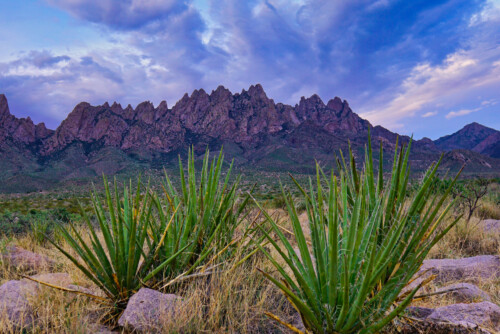WRA’s work to transition away from fossil fuels to 100% renewable energy involves many challenges, from working with legislators to enact laws to testifying in rate cases and before regulatory agencies in each of our seven states. Our regional energy market work presents unique barriers and issues that span multiple states and dozens of independent energy grid operators across the West.
Leading these efforts is no simple task, but Vijay Satyal, Ph.D., grew up absorbing knowledge about electric grids and how transmission works from his father, who was deeply involved in the power sector. Growing up primarily in India with early childhood years in Africa and the Middle East, then living on both coasts of the U.S. and now in Utah, Satyal has seen firsthand the global impacts of climate change, how communities manage life in arid conditions, and the value of developing innovative technologies that are scalable and adaptable to population growth and dwindling natural resources.
These are exciting times for our region. For the first time in the West, there are competing regional energy market proposals that have the potential to pool dozens of utilities across multiple states into more coordinated markets. These proposals could improve the pricing of energy across the West, create more visibility into energy transactions, enhance reliability of our electric grid, and transition away from fossil fuel powered electricity to a clean energy based one.
None of this work has happened overnight, and Satyal and his team are part of the reason for the steadily growing success. WRA has been engaged in regional grid coordination efforts for more than two decades. The current team includes Sydney Welter, Ken Wilson, and Nancy Kelly, with the coordination and strategic oversight of Satyal. Since 2019, he has led WRA’s regional markets efforts and now serves as the deputy director of our regional markets team.
This complex work impacts the lives of millions across the West by reducing carbon emissions on a larger scale and ensuring there is reliable power when consumers need it most. It also brings a host of disparate parties to the table:
state legislatures, local governments, clean energy developers, federal and state regulatory agencies, and conservation partners.
As a recognized subject matter expert in energy, transmission, and regulatory policy analysis, Satyal is a man of near-constant motion. In 2021, he and WRA Energy Markets Policy Analyst Sydney Welter began a nine-state greenhouse gas-tracking listening tour that surveyed an array of players in the energy realm, including governors’ offices, utility commissioners and staff, consumer advocates, and state departments of energy, environment, air, and natural resources. The goal was to understand perspectives and perceptions around the tools and processes for accurately measuring and reporting greenhouse gas emission reductions. In February, Satyal and Welter presented their findings to more than 70 stakeholders from across 10 Western states, and later this year, the team will present a framework for all parties to improve greenhouse gas reporting. This work will facilitate greater visibility into clean energy deployed through wholesale markets, and will help decarbonize the grid with reliability, efficiency, fairness, and transparency.
A regional energy market in the West is a critical step to enable decarbonization across the West with transparency and efficiency, improving the quality of life for millions.
Bringing so many state utilities and regulators into one regional market system is no small task. Unlike markets in the East, much of the West is a patchwork of different utilities as operators with intra-state and interstate footprints, resulting in lack of unified energy market. This not only plays a role in the price of energy supplied to homes and industry, but the reliability of the grid as well.
Pulling from years of experience across the globe and expertise in the West, Satyal and WRA’s regional markets team are making energy collaboration a reality and helping to build a system that will provide a flexible and reliable grid for 100% renewable energy for decades to come.








